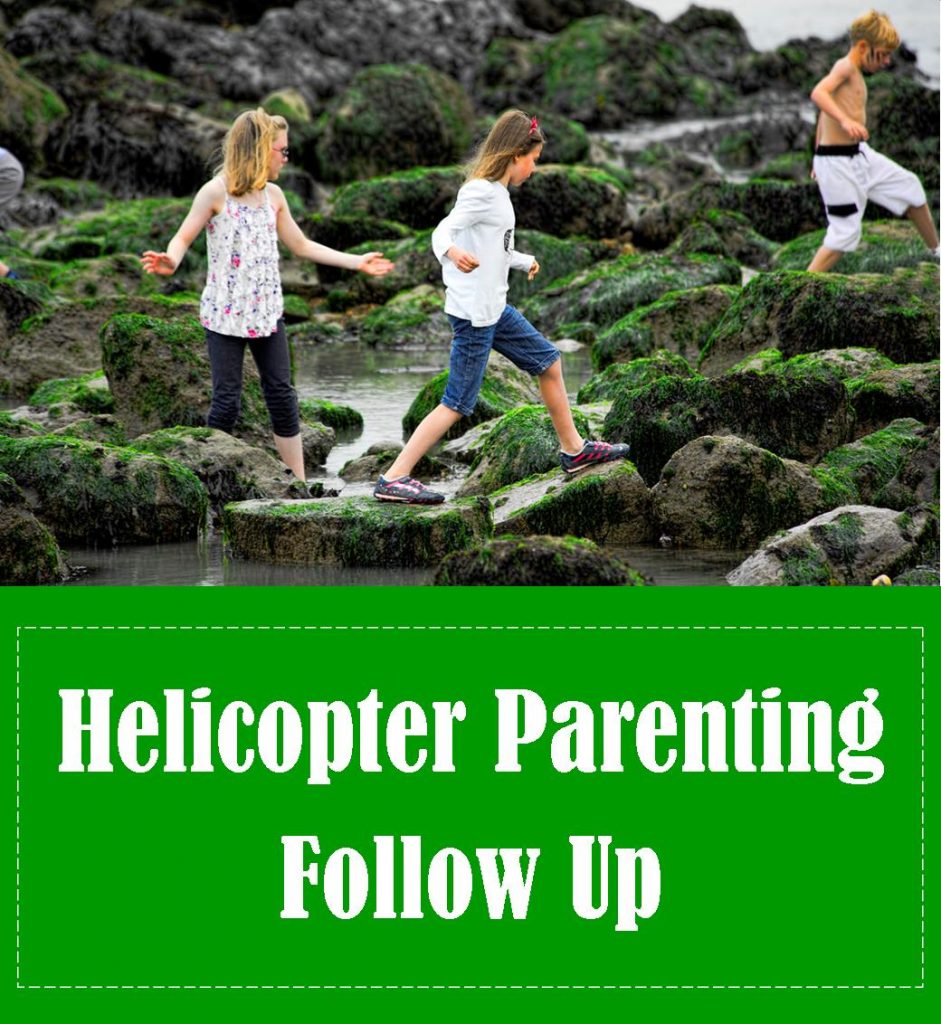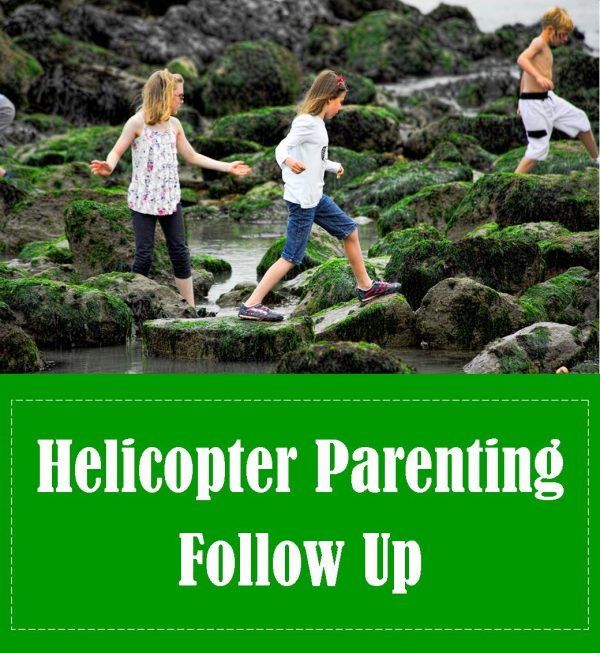
In my last podcast, I talked about helicopter parenting: what it is, why it might be bad for kids, and how it differs from the attachment-based parenting that I talk about on the show. This is a follow-up episode on helicopter parenting.
In this episode, I consider the thesis of the book Love, Money, and Parenting written by two economists. Their thesis is that intensive helicopter parenting is very rational in the west where the “education premium” is so high. Western parents are simply responding to the specific socio-economic conditions in which they are raising their kids.
Here’s a breakdown of what I cover:
- Economic explanations of parenting behavior. I break down the steps in the authors’ explanation of parenting behavior in the west and elsewhere.
- Counter-balancing perspective. I briefly explore two explanations for parenting behavior that I think are more powerful than socio-economic factors: how we were parented ourselves and our assumptions about children and their behavior.
- Rationality v. what kids deserve. Just because something is rational doesn’t mean it’s good for kids. For example, infanticide could be viewed as rational if you are only considering economic motivations for human action, but such a choice is always depraved and morally corrupt.
- The bottom line. It’s true, in the west many parents are driven by concerns about their kids’ future success, but it’s possible to raise a child with inner drive without helicopter parenting them.
Resources
Signs of Emotional Health: The Venturing Forth Spirit. My article explaining the emergent process in children. Helicoptering thwarts a child’s emerging sense of self and his sense of competence and curiosity.
The Over-Parenting Epidemic: Why Helicopter Parenting Is Bad for Your Kids . . and Dangerous for You, Too by George Glass and David Tabatsky. I don’t usually recommend books I haven’t read myself, but this one seems very good.
The Effects of Helicopter Parenting by Dr. Joel Young. How over-parenting can increase anxiety in children.

